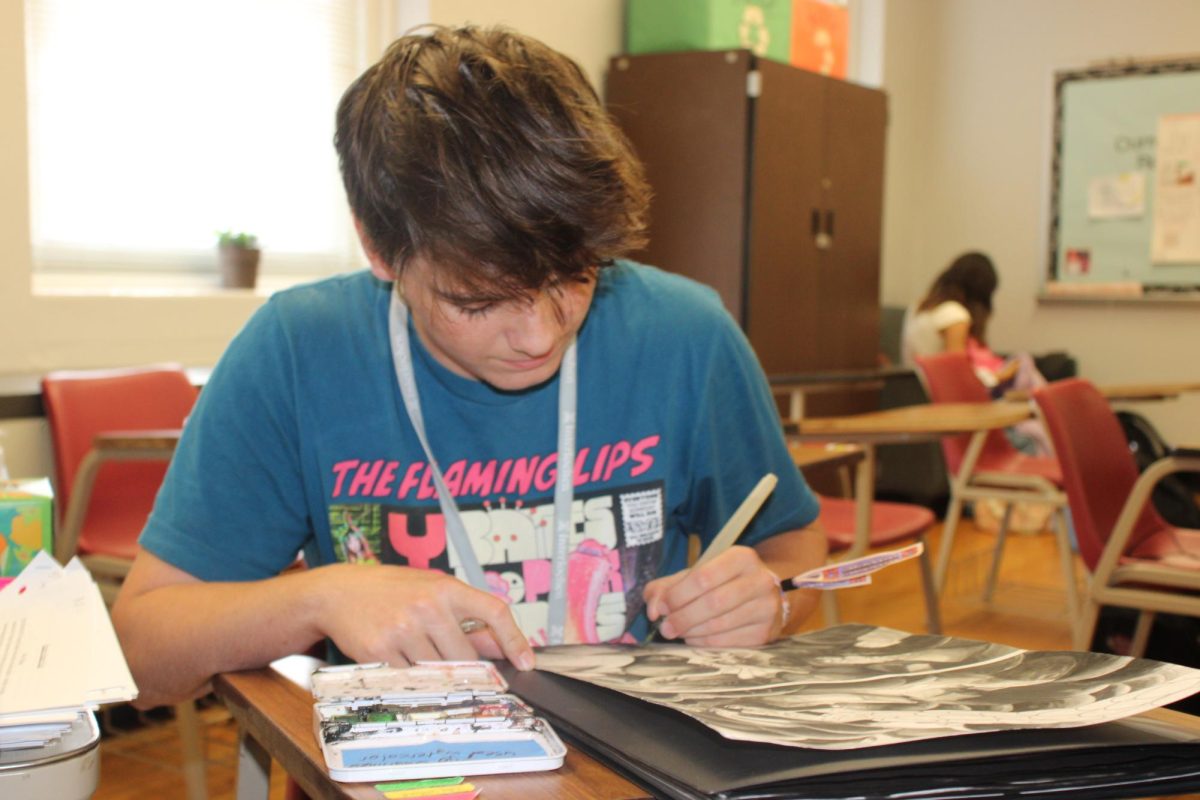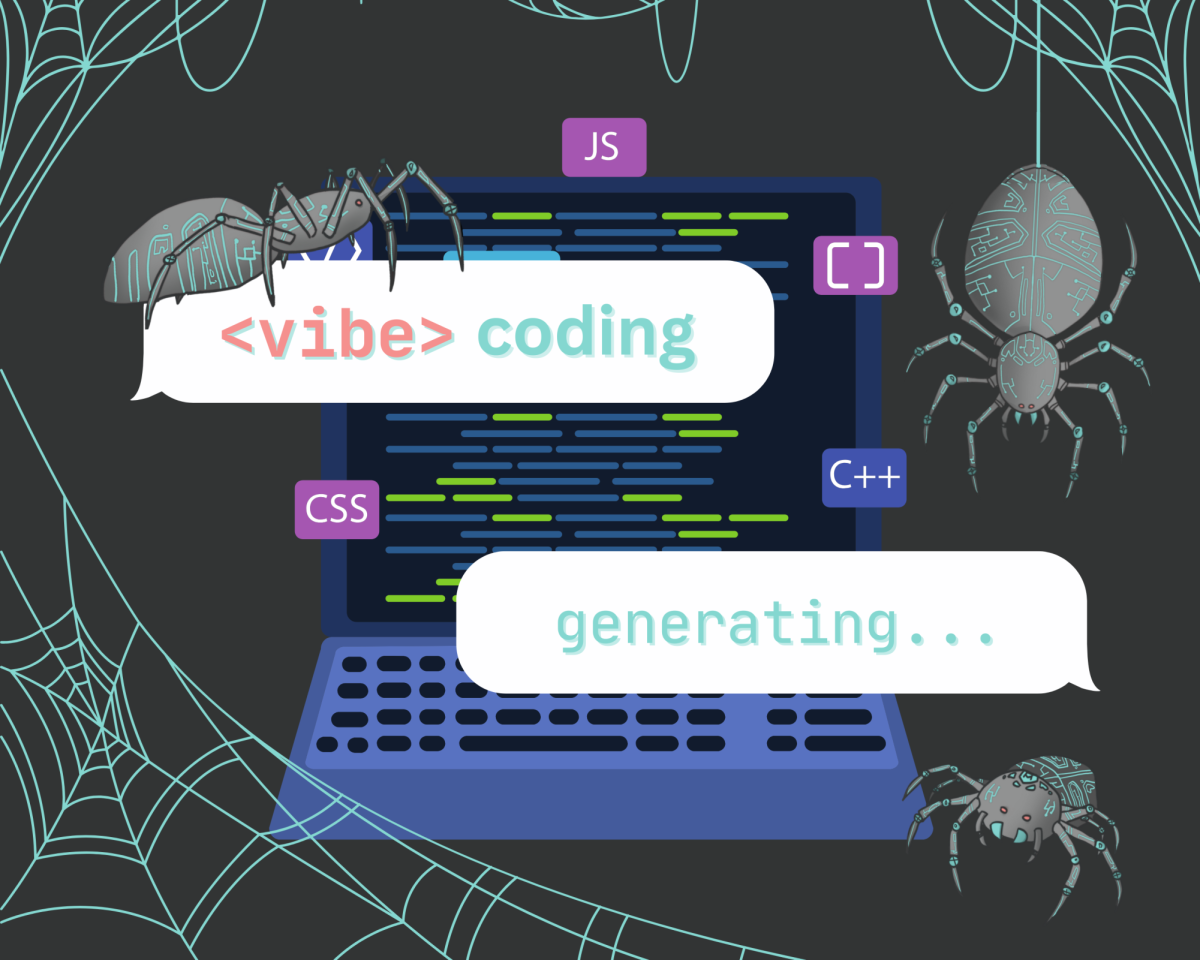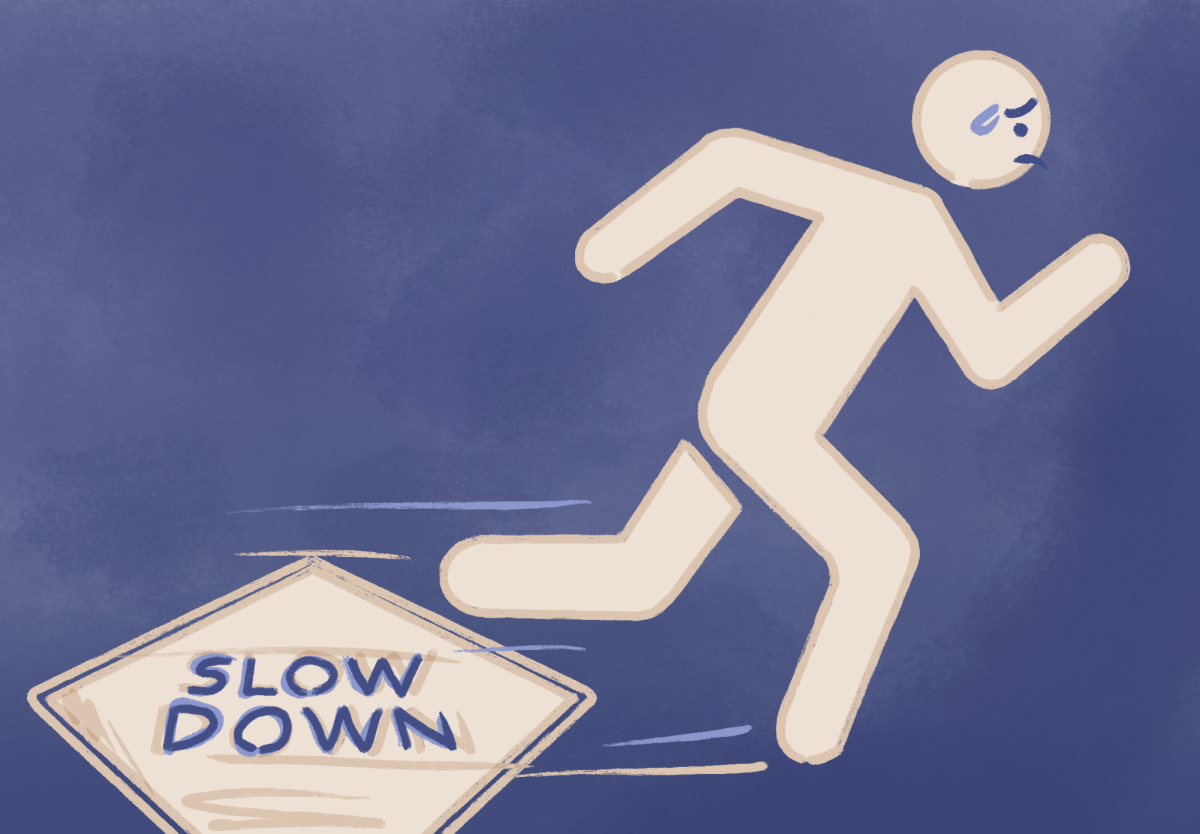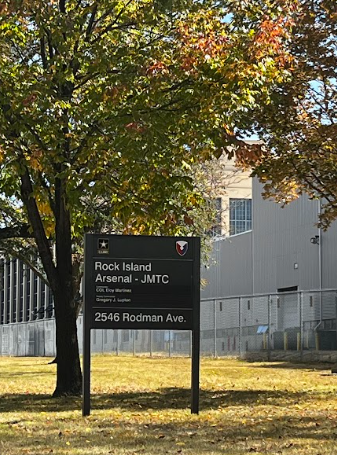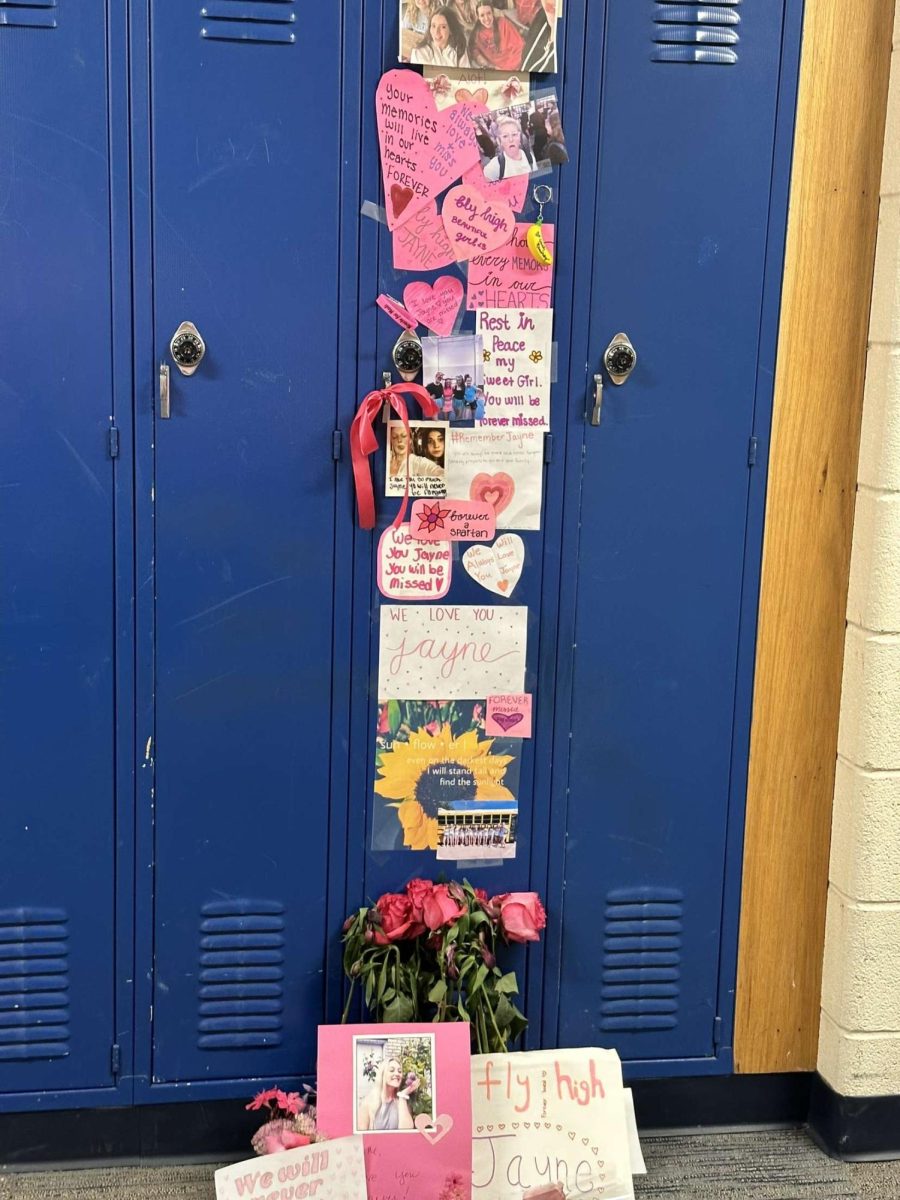September is Suicide Prevention Month, making it more crucial than ever for schools to spread awareness. Student mental health has been declining over the years, yet many schools are choosing to ignore the statistics to avoid the risk of romanticizing suicide.
Rather than sweeping sensitive topics under the rug, schools must create proactive plans to ensure their students feel safe and supported by their district. Oftentimes institutions wait until after they have been personally impacted by suicide to provide support services. This reactive measure does no good to those who have already acted on their sufferings. Instead, schools must normalize reaching out for help and allow students to feel comfortable prioritizing their mental health over school work.
Last year, Pleasant Valley junior Jayne Moritz lost her life to suicide. The school made an announcement later that day stating Moritz had passed away. Unfortunately, the announcement was made far too late in the day, long after word had spread. The timing and quality of the school’s gesture lacked sensitivity.
The following days at school were dull and empty. The counselors provided support where they could, and most teachers were understanding of the circumstances. Senior Aubree Lutz reflected on the initial news of Moritz’s passing. “Jayne was a very important person to her friends, the cheer team and our grade as a whole. It was very shocking news for everyone and in my experience the school had made it seem very unimportant. After the first couple of days after it happened, a lot of people were understanding but after that, almost all teachers weren’t,” said Lutz.
Moritz was an avid member of Pleasant Valley’s cheerleading squad where she formed great friendships with her teammates. “Her name almost never got brought up by any teacher even though we all wanted to make sure she was remembered. Instead of giving us students time to grieve and process what had happened, they moved on from it as fast as they could. While the Gray Matters Collective became a chapter at our school and a step in the right direction, it still felt like her death was taken as something lightly for the district when for the students, it was not,” expressed Lutz.
After Moritz’s passing the school changed. New clubs like The Gray Matters Collective attempted to address the teen mental health crisis, and the school encouraged students to use platforms like P3 campus to reach out if they or someone they knew was in danger. Students became much more sensitive to their peers’ personal lives and began to normalize talking about their mental health.
Pleasant Valley staff struggled to make sure their students felt heard, without overstepping administration. “I think that it’s a very tricky situation. How do we balance the needs of some students to remember a really good friend with the cautious desire to protect the fragile feelings of someone considering suicide because they feel so marginalized? I do feel not allowing students to publicly express their emotions around missing someone they feel should be there brings sadness, and to them I’m sure it feels very unfair. At the same time, I’m sure those students would feel terrible if we lost someone else. I wish there were better solutions”, said Pleasant Valley cheer coach Veronica Cox.
A year has passed since Moritz’s passing and Pleasant Valley is starting to look familiar again. Wednesday, Sept. 11 marked one year without Pleasant Valley’s beloved student, and many current students wore pink to show their forever love for Moritz. Unfortunately, the district was silent. The only announcement students received on Sept. 11, 2024 was for those who lost their lives during the 9/11 attacks.
It is impossible for schools to handle such difficult matters in a way that will please everyone; however, it is critical for schools to recognize the importance of stress prevention, not reaction after the fact. Students must feel heard and comfortable talking about suicide prevention.
This story was originally published on Spartan Shield on September 16, 2024.



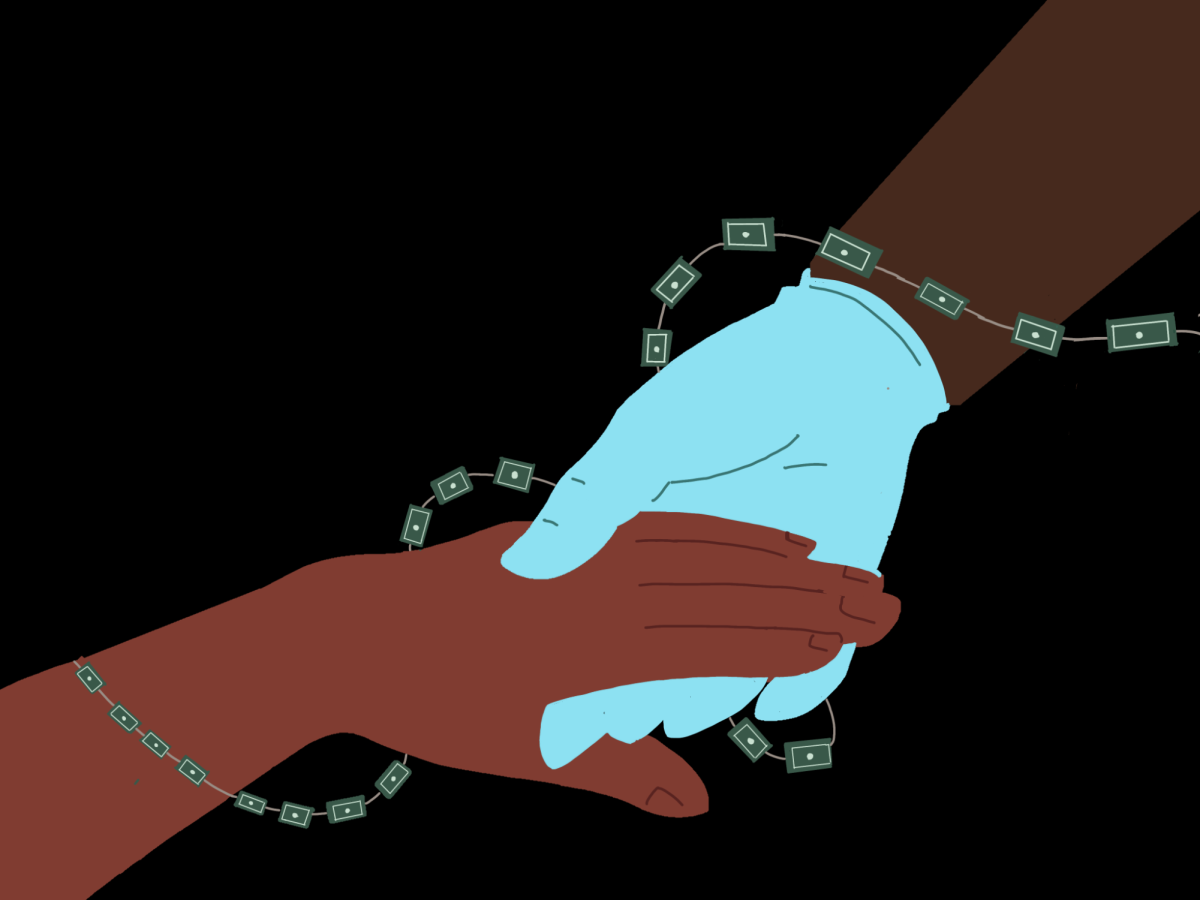

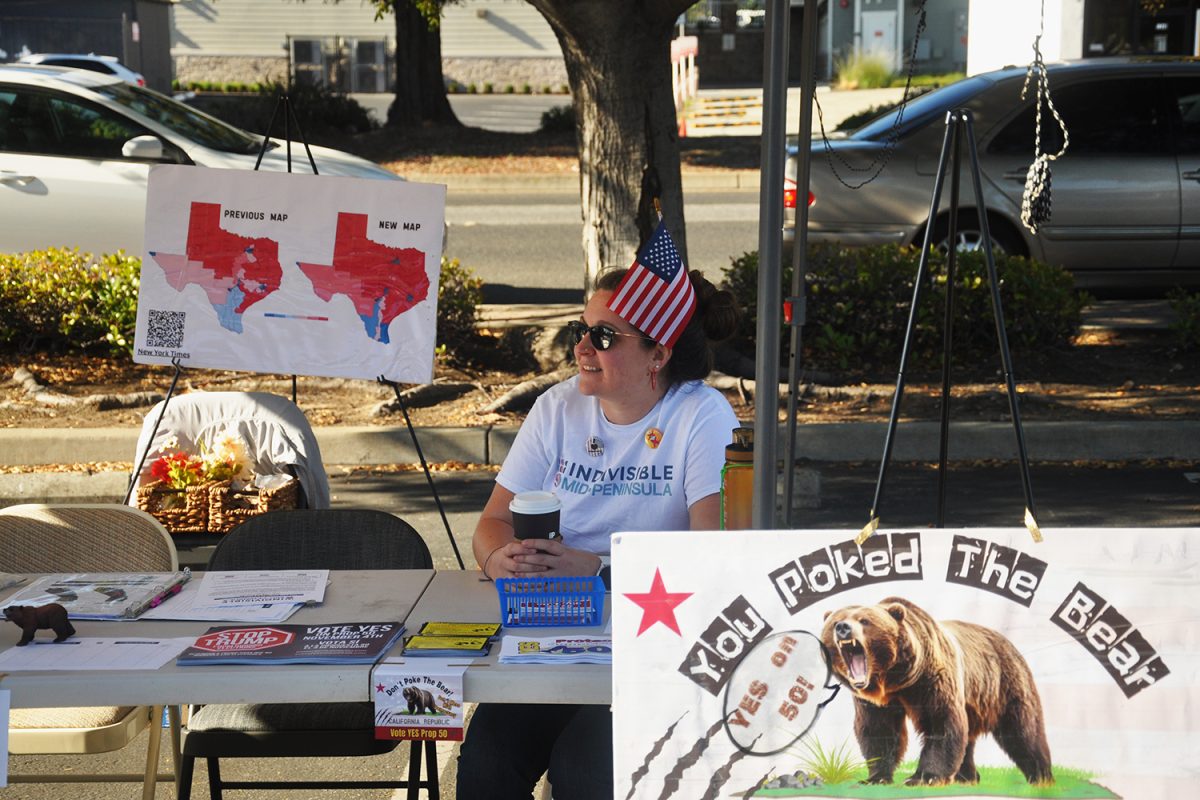



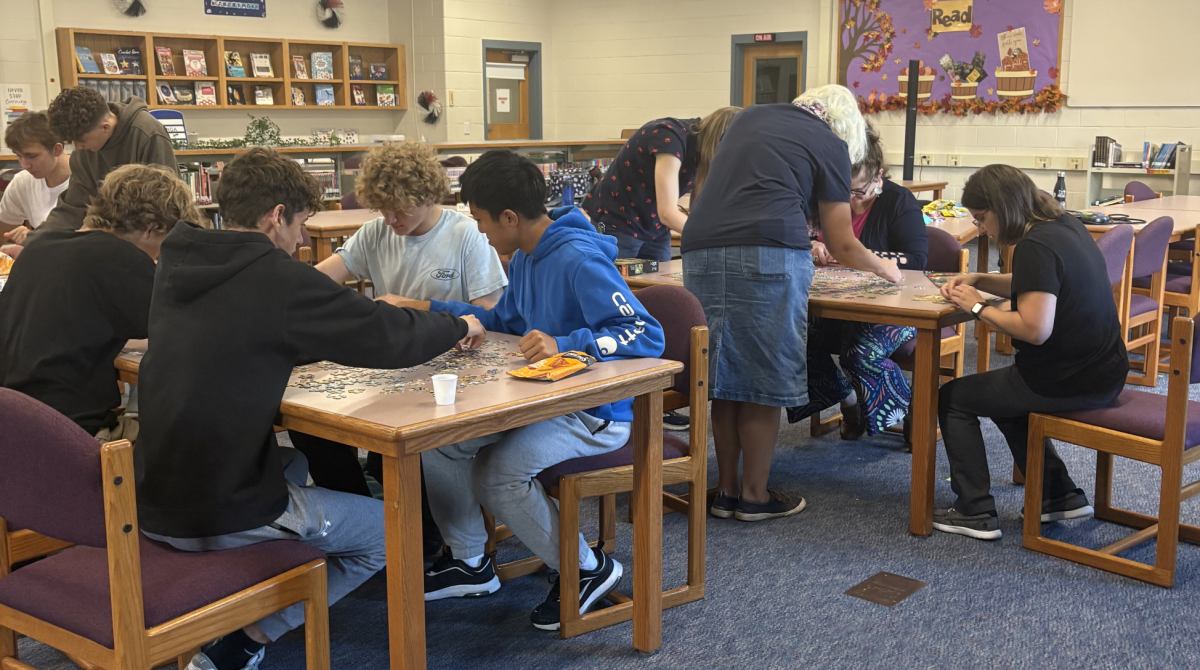
![Senior Dhiya Prasanna examines a bottle of Tylenol. Prasanna has observed data in science labs and in real life. “[I] advise the public not to just look or search for information that supports your argument, but search for information that doesn't support it,” Prasanna said.](https://bestofsno.com/wp-content/uploads/2025/10/DSC_0073-2-1200x800.jpg)







